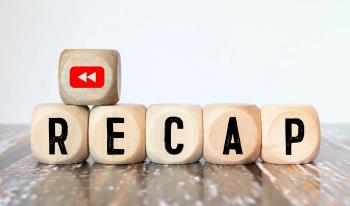
Nonstimulant medication approved to treat attention-deficit/hyperactivity disorder
FDA has approved the first nonstimulant medication that can be used either conjunctively with psychostimulant medications or as monotherapy to treat attention-deficit/hyperactivity disorder in children and adolescents aged 6 to 17 years.
FDA has approved the first nonstimulant medication that can be used either conjunctively with psychostimulant medications or as monotherapy to treat attention-deficit/hyperactivity disorder (ADHD) in children and adolescents aged 6 to 17 years.
Clonidine extended-release tablets (Kapvay; Shionogi Inc) contain centrally acting alpha2-adrenergic agonists that stimulate receptors in the brain stem, reducing sympathetic outflow from the central nervous system and decreasing peripheral resistance, renal vascular resistance, heart rate, and blood pressure. Taken twice daily, clonidine improves core ADHD symptoms in this age group when also used as part of a treatment program that includes other psychological, educational, and social measures.
In clinical trials, the most common adverse effects in adjunctive therapy were sleepiness and sedation compared with placebo, so physicians should consider accumulative sedative effects before prescribing clonidine for use with active depressants such as phenothiazines, barbiturates, or benzodiazepines.
Newsletter
Access practical, evidence-based guidance to support better care for our youngest patients. Join our email list for the latest clinical updates.








